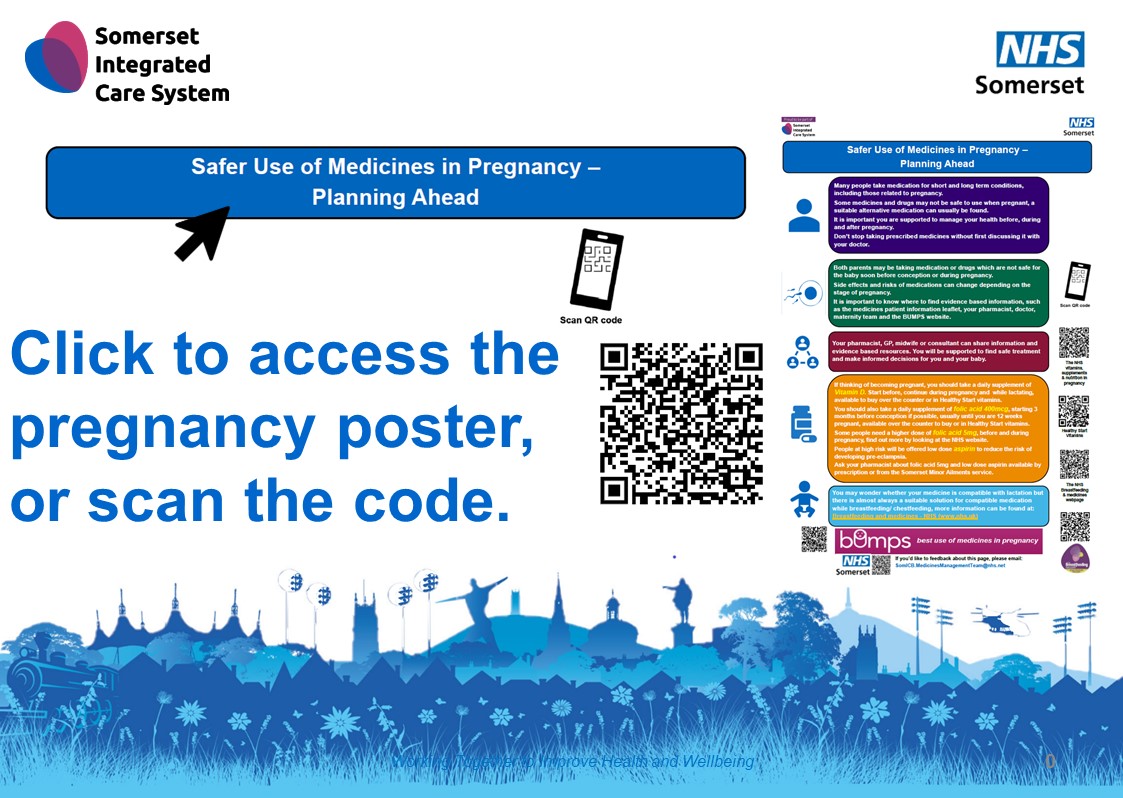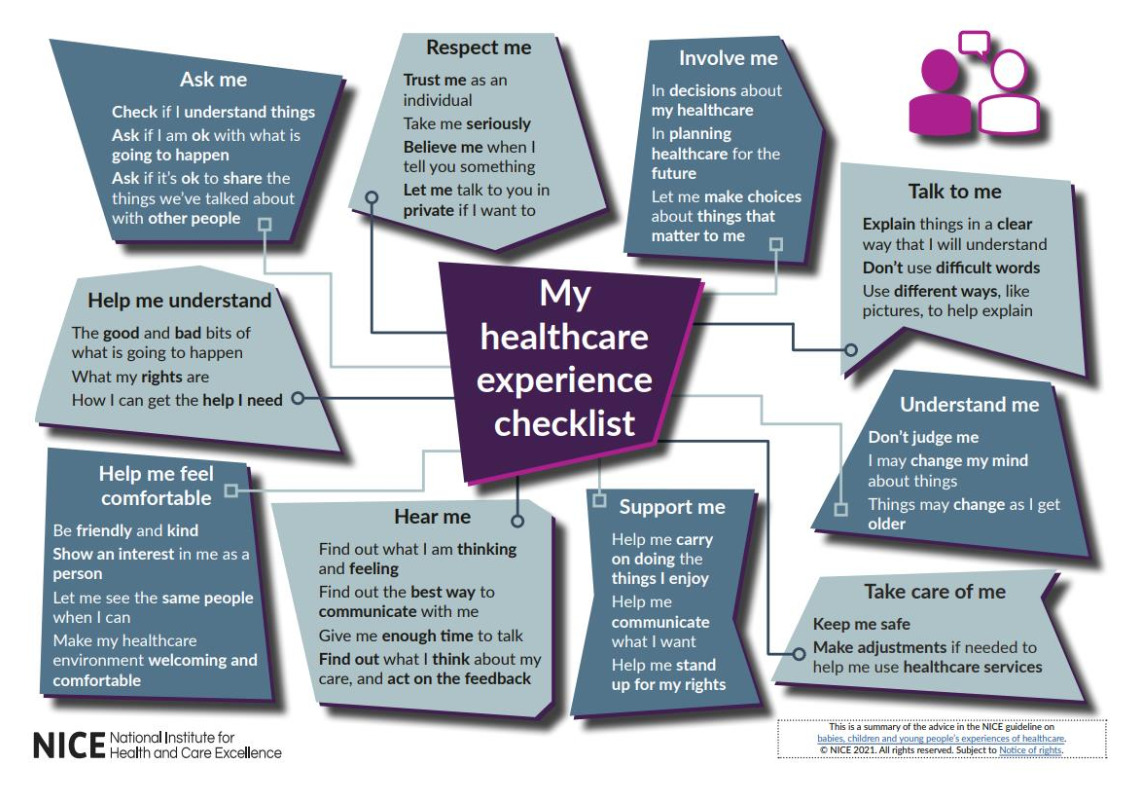*Content in construction*
Since 2017, we have been building on the resources available for safe prescribing in pregnancy and lactation. In April 2023, Somerset started working on improving conversations for people taking regular medication who are of childbearing potential through the scorecard quality incentive workstream.
We have seen a 44% decrease in patients on a smart list of medications which are being monitored as part of the medicines management scorecard, seeing a change from 2,999 patients to 1,660 patients who are not on contraception, or counselled on the risks of their medication, a year later.
In April 2024, we have expanded this list of drugs to also include bempedoic acid, chlordiazepoxide and the type 2 diabetes medications. More information can be found on the Scorecard page.
The aim of this work is to change the culture around prescribing to people of childbearing potential, to make every contact count, and to ensure people know where they can go if they plan a pregnancy, or become pregnant. We do not want access to treatment to be restricted, but for access to safe prescribing to increase.
More information can be found on the Medicines used in pregnancy - NHS Somerset ICB page for resources on safe prescribing in pregnancy, prevention including vitamins and daily supplements, as well as reducing the risk of pre-eclampsia in people at risk (via the use of low dose aspirin in suitable people.)
Consideration should be made to optimise medication for ongoing journeys, future pregnancies and being mindful of suitability of medication during lactation as well as pregnancy to avoid unnecessary repeated changes to medication regimes when compatible choices could be made where clinically suitable in the first instance.
Many more medications are compatible in lactation than in pregnancy, however, there will be some instances where a medication choice may cause difficulties for a parent to achieve a full milk supply, for instance aripiprazole is known to dramatically reduce prolactin levels, while it is not "unsafe" to use during pregnancy or breastfeeding, the impact on establishing a full milk supply may be so profound that exclusive breastfeeding may be not possible- if this was the parents wish, they should be supported to maintain their health and wellbeing, as well as achieve their personal breastfeeding/ chestfeeding goals. For more information on prescribing in lactation you can access the Breastfeeding and medicines - NHS Somerset ICB page where there are resources on safe prescribing, as well as training materials on how medications enter the milk, and how lactogenesis works.





